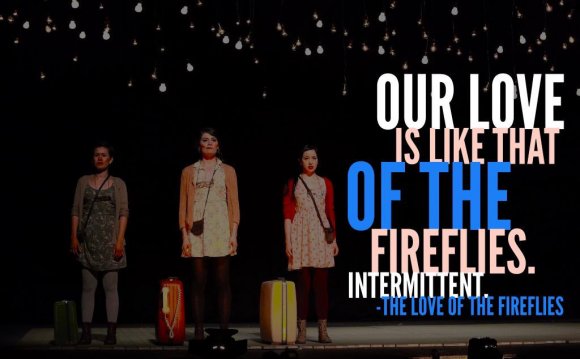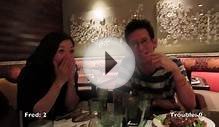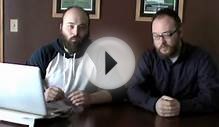
|
| Why not translate your phrase into a different dialect? Click on one of the other options on the left! | If there is a word or phrase that you think is omitted, then please Add a Word or Phrase to the Translators |
Scottish Dialect Frequently Asked Questions
| We highly recommend looking at, a source we enjoyed using (with permission) in the production of these answers. |
We get a large number of emails asking questions about the different dialects featured on whoohoo.co.uk, and so we have compiled a brief list of our most frequently asked Scottish dialect questions:
Who uses this dialect?
This is the speech of the Scots, those who live in the northern part of Britain, more-or-less defined as north of Hadrian's wall.
How do you pronounce the Scottish dialect?
This dialect can be either very heavy or very delicate, depending on what is appropriate for your character. The actors' trick for this dialect is to imagine that you have a rag in your mouth. The mouth is held more openly than in, say, Upper-class English. You can think of the sound as being generated either under the back of the tongue or in the space immediately above the back-most part of the tongue.
Where in Scotland does your translator's vocabulary come from?
There are almost as many variations in Scottish dialects as in English. Highlanders speak very differently from lowlanders, to but scratch the surface. The dialect presented here is a sort of Generic Stage Scots, and should not be taken as representative of the speech of all Scots.
Can you offer a mini pronounciation guide to help us speak with an Scottish accent?
- Let's start with a fairly simple one: the short 'oo' sound in "book" or "could, " shifts to the long 'oo' sound in "too."
- The 'ow' sound in words like 'cow' becomes an 'aow.' This is one of the classic Scottish sounds.
- And here's the other: all 'r' sounds are rolled. This is the hardest sound to learn, if you have not alredy figured it out.
- We now come to one of the fun changes, the "j-u glide." The gist of this is to insert a 'y' sound before a long 'u' sound, unless doing so would change the meaning of the word.
- Both long 'a' (as in "play") and long 'e' (as in "see") get a short 'e' (as in "egg") mixed into them.
- The long 'o' sound in words like 'go' is stretched out a bit.
- The short 'i' in words like "listen" moves toward a short 'e, ' as in "egg."
- If ye will nae listen, ye will miss the sound of the pigeons. - Final 't' is stopped only when it follows a vowel sound.
- What hat do ye want to wear to the great feast? - The 'tl' sound becomes very carefully articulated.
- The gentleman lifted his little bottle.
| If there is a word or phrase that you think is omitted, then please |
MORE TRANSLATION VIDEO












